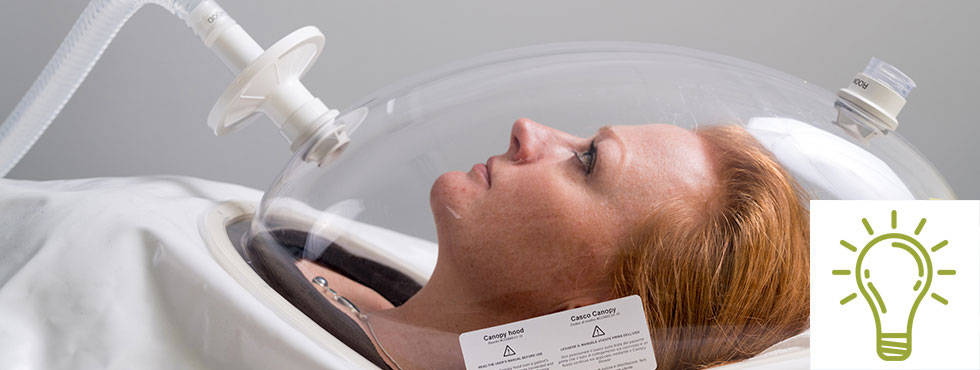- The University of Hohenheim’s award-winning project “Humboldt reloaded” makes this possible by enabling students to conduct research-focused learning starting in the basic study period. Outside of the regular lectures, they have a chance to work on many different research questions in small teams. In doing so, they go through all stages of a real research project, from preparing the current state of the art to selecting a method for their own research and evaluating and presenting the data. At the end of the project, they prepare a summary of the work (abstract) and a scientific poster that they use to present the project at a public, student conference in the Palace. Annual Humboldt reloaded Student Conference
- Students who would like to gather data themselves for their final thesis can select the module “Introduction to Experimental Working Methods”: Participants in this module have a chance to work for four weeks on scientific methods, processes, and habits of the working group before starting their thesis, giving them more methodological confidence. With supervision, this enables students to lay the foundation for successfully planning and carrying out later experiments.
- Academic societies are important partners, supporters, and multipliers of scientific work. At the University of Hohenheim, there are e.g. regular events held by the German Nutrition Society (DGE) in which students can participate, get to know nutritional science topics and experts, and become part of the scientific community.
- Another important pillar of university research work is represented by the research centers and their activities:
a. The Hohenheim Research Center for Health Sciences (FZG) focuses in particular on the research areas of healthy organisms, healthy nutrition, and health management. Students can attend the scientific guest lectures in the seminar series “Hohenheimer Schlossgeister,” wehre current research findings are presented and discussed.
b. The Institute of Clinical Nutrition carries out clinical research on patients in the Metabolic Unit. There, clinical studies, epidemiological studies, and intervention studies are carried out with a focus on obesity and malnutrition / artificial nutrition. Students can get to know what clinical research is like when completing their final thesis or in various courses. - For many years, at the start of the year there is an excursion to the German Cancer Research Center (DKFZ) in Heidelberg: Employees and students get an up-close look at the DKFZ’s work in presentations and tours. Students in nutritional science degree programs frequently make use of the opportunity to carry out their final thesis in one of the DKFZ’s institutions.
- Internship seminar: Once a semester, there is an internship seminar. Bachelor’s students in higher semesters give a presentation about the internships they have completed. This gives other students the opportunity to get to know possible career fields, ask questions about the internships, and develop ideas for their own future.
- Presentations from professional practice: At information evenings, alumni or guests give insights into their career paths and their professional activities and experiences. In this way, students get to know possible career fields, can make contacts, and ask questions about professional prospects.
- VDOE student group: On the University of Hohenheim’s campus, there is an active, local student group (ÖG) for the Professional Society for Ecotrophologists, Nutritional Scientists, and Food Scientists (VDOE). Each semester, the ÖG members organize interesting events such as excursions to potential employers, meals, presentations, or meetings.
- Many different platforms also offer information on potential employers or current postings for jobs and internships: This include e.g. the platform or the academic program advising’s job and internship archive.
Internships give insights into companies and professional fields. They also help you to understand the context of content in your program, offer orientation, and make it easier to make decisions, e.g. about specializations during your studies. When it comes to the first job after your studies, internships are important as door-openers and accelerate the application process.
There is a difference between a mandatory internship, that is, one that is required in your degree program, and a voluntary internship. In addition, internships can be done abroad. No matter what type of internship it is: it is worth investing the time!
The Internship Office supports all students who want to gain practical experience during their studies.


